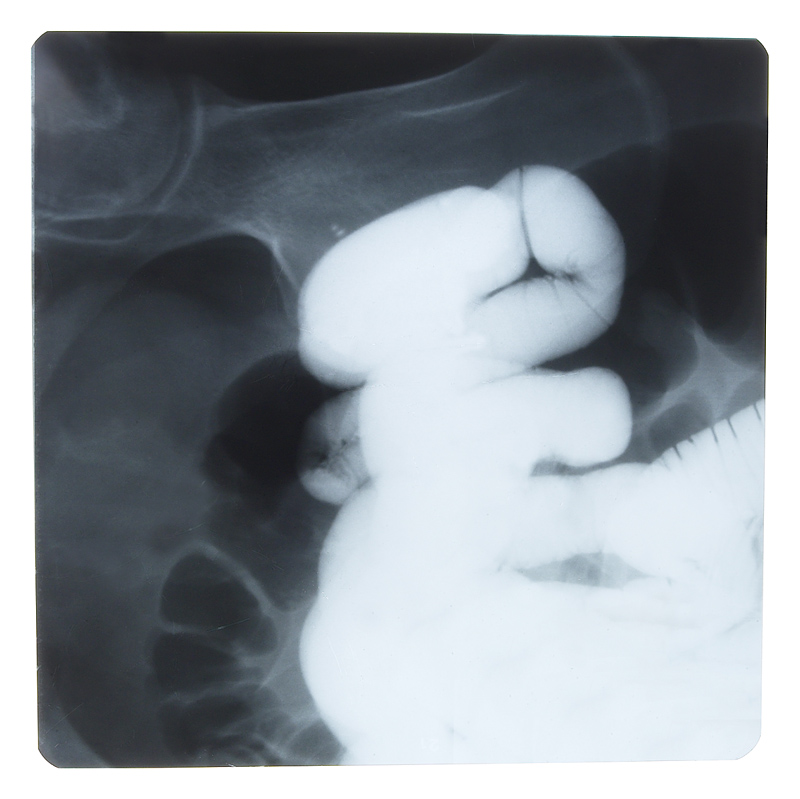THURSDAY, Nov. 17, 2016 (HealthDay News) — People with moderate to severe Crohn’s disease who haven’t responded to other treatments may benefit from the drug ustekinumab (Stelara), a new study suggests.
Stelara is a monoclonal antibody that blocks the action of the inflammatory agents interleukin-12 and interleukin-23. The drug had been approved for the treatment of psoriasis and is now approved for treating Crohn’s disease as well.
Crohn’s disease is a chronic inflammatory condition of the gastrointestinal tract. Crohn’s usually affects the end of the small bowel and the beginning of the colon. But it may affect any part of the gastrointestinal tract, from the mouth to the anus, according to the Crohn’s and Colitis Foundation of America (CCFA).
Crohn’s can cause diarrhea, rectal bleeding, an urgent need to move the bowels, stomach cramps, pain and constipation, the CCFA says.
“Stelara is effective for treatment leading to a clinical remission in patients with moderate to severe Crohn’s disease,” said study co-author Dr. William Sandborn. He’s a professor of medicine at the University of California, San Diego.
Remission was defined as relief from abdominal pain and diarrhea, he said.
Stelara was well-tolerated and “we did not see increased rates of serious infection or cancer, compared with patients who received placebo,” Sandborn said.
The drug is effective in patients who found no relief with anti-tumor necrosis factor (TNF) drugs, such as Remicade, Humira or Cimzia, and those patients who did, Sandborn said.
“These patients had limited treatment options previously, so this is a big advance. It is also very convenient for patients — the maintenance dosing is only once every eight weeks and patients can inject themselves,” he said.
Stelara can be given as a first-line or second-line therapy for Crohn’s, Sandborn said.
For the new research, Sandborn and his colleagues recruited two groups of patients, one with more than 700 people, and the other with more than 600. These patients hadn’t responded to anti-TNF treatment or had unacceptable side effects from it. The study volunteers were randomly assigned to receive either a single intravenous dose of Stelara or a placebo.
The researchers then took nearly 400 patients who showed a response to Stelara and then randomly assigned them to receive regular injections of Stelara or a placebo every eight weeks or 12 weeks.
After 44 weeks, 53 percent of patients receiving Stelara injections every eight weeks were in remission. For patients getting Stelara every 12 weeks, 49 percent were in remission. This compared with 36 percent of those receiving a placebo, the researchers said.
The drug treatment is covered by most insurance and Medicare, and costs will vary depending on your insurance, Sandborn said.
The report was published Nov. 16 in the New England Journal of Medicine. The research was funded by Janssen Research and Development, the maker of the drug.
Dr. Caren Heller is chief scientific officer of the CCFA. She said longer trials of Stelara need to be done. And researchers need to learn how long remission lasts and whether any healing of intestinal lining occurs. She also said longer studies on the safety profile of the drug are warranted.
Heller also suggested research looking at Stelara compared to anti-TNF, “so that the right immunotherapy can be administered at the right time and to the right patient.”
More information
For more information on Crohn’s disease, visit the Crohn’s and Colitis Foundation of America.
Copyright © 2024 HealthDay. All rights reserved.

